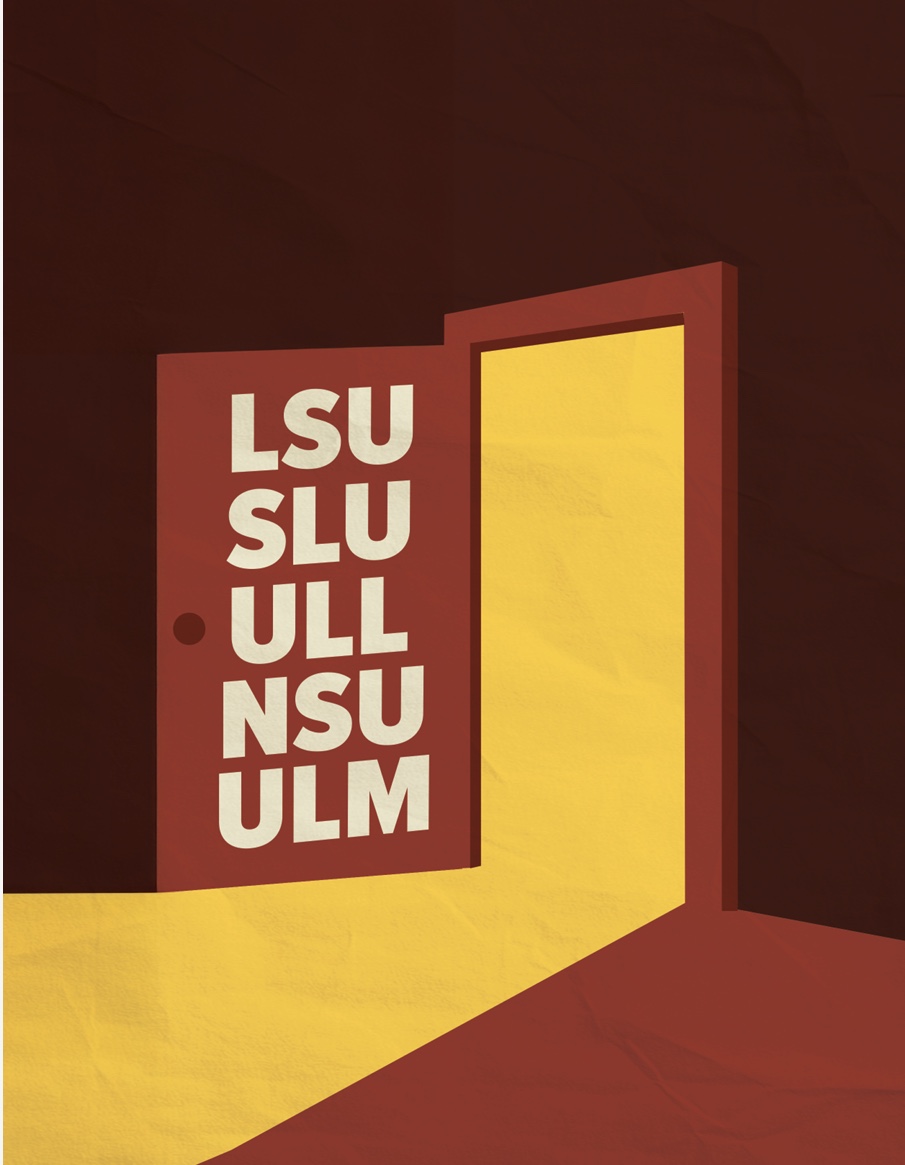Across Tulane’s campus, the “It’s Not Enough” campaign is questioning why the Tulane University Police Department is not doing more to protect students off campus. The campaign calls for Tulane President Scott Cowen to address the safety concerns of students and has resulted in a petition demanding more police presence in the areas surrounding Tulane’s campus. This petition has garnered over 1,000 signatures, making it evident that the call to action resonates widely with the student body.
At Loyola many students identify with the campaign and have joined the chorus of voices requesting better protection. Given the close proximity of the two universities, the safety concerns of Tulane students are inevitably shared by our student body. The same crime that endangers Tulane students is of equal concern to us. Furthermore, improved police patrol would also benefit our community.
Although the threat of crime in areas close to campus is real and the fear expressed in this campaign is reasonable, it is unclear whether university police would be able to have much of an influence. First, the “It’s Not Enough” campaign calls for TUPD patrol in off-campus areas. However, the jurisdiction of campus police is limited. It is possible, therefore, that university police may not be able to exert a meaningful impact in off-campus areas. In addition, many provisions that would help reduce crime in unsafe areas — for instance, improving lighting on poorly lit streets — is beyond the capacity or budget of either the Tulane or Loyola police department.
In addition to increasing TUPD patrol of off-campus areas, the campaign calls for campus police to shift its focus. It argues that university police’s concentration rests too heavily on underage drinking and that they should instead focus on the safety of students. This point is a valid and widespread complaint of students on both Loyola’s and Tulane’s campuses.
However, it is important to realize that irresponsible underage drinking is an activity which does endanger the safety of students. Furthermore, campus police tackle this issue when it arises on campus because it is an area where they can make a marked difference. We may wish campus police were always there to protect us and never there to bust us, but this is evidently an unrealistic expectation. Our campus police must do their best in the limited sphere of influence they have, and expecting them to solve all problems everywhere is unreasonable.
Although the “It’s Not Enough” campaign may make unfeasible demands, the motivation behind the project is nonetheless concrete. Campus police can take additional actions, such as increasing the number of available Safe Ride vans, to protect students. In addition, student concerns should be brought to the attention of the New Orleans Police Department, as our city police may be able to improve patrol in crime hot spots near campus.
At the same time, however, we must realize that campus police cannot act as a panacea. Students must educate themselves about the services and actual capabilities of university police, so we can rely on their protection without forfeiting an unreasonable amount of responsibility.












